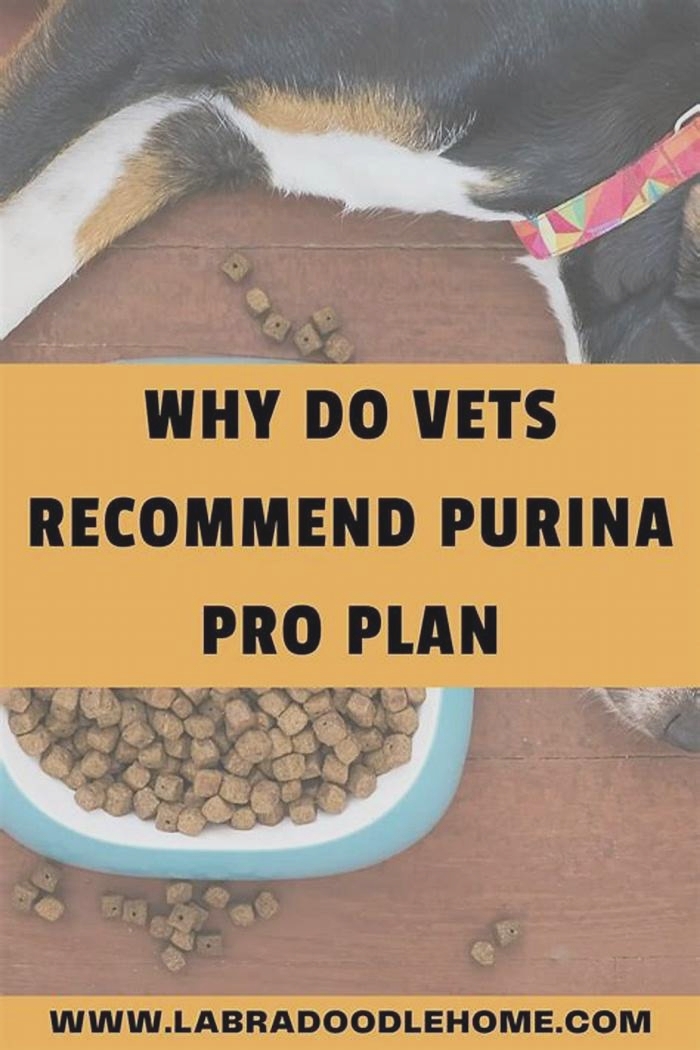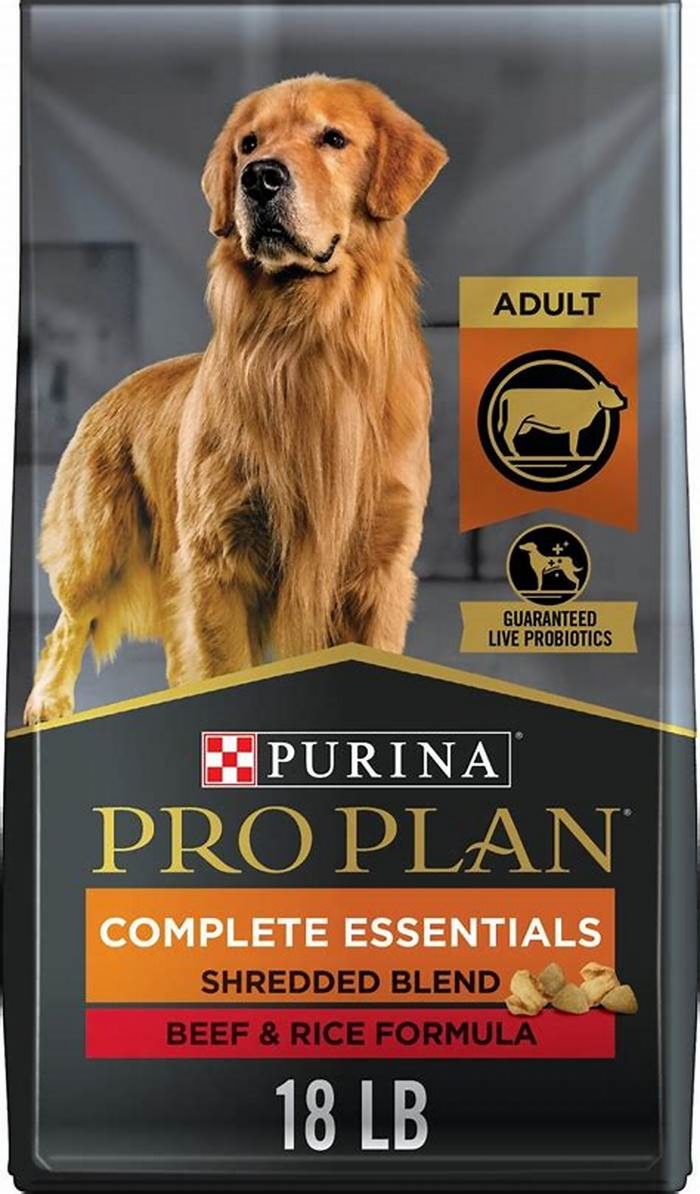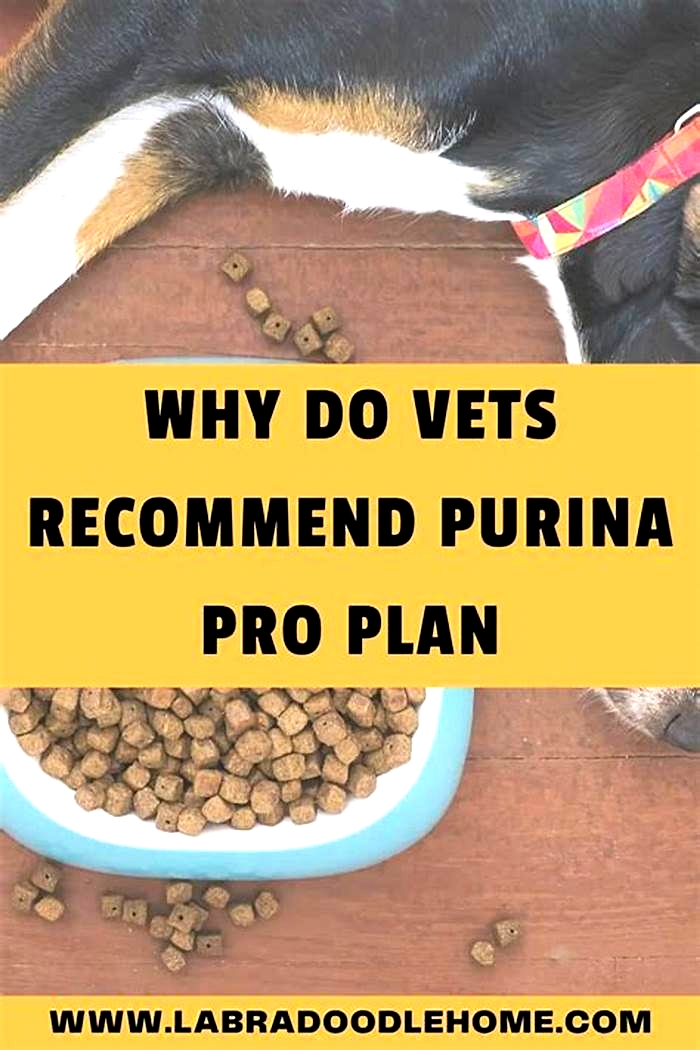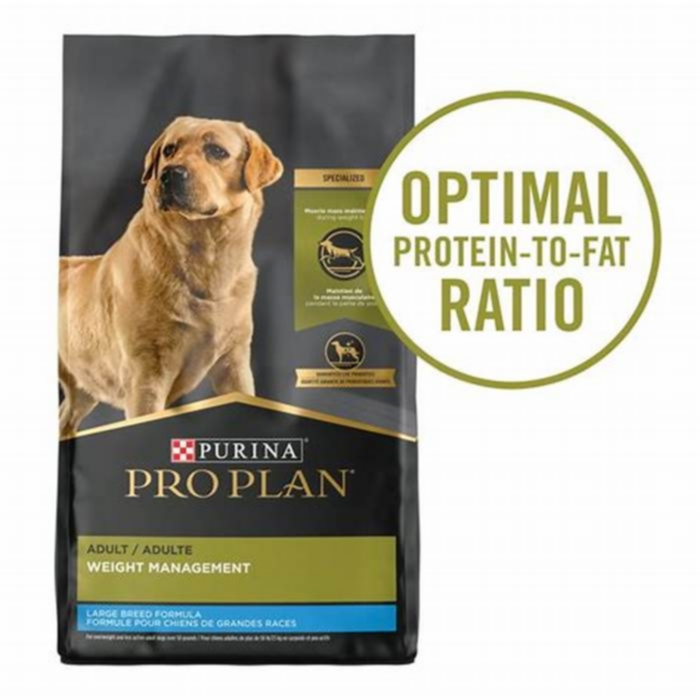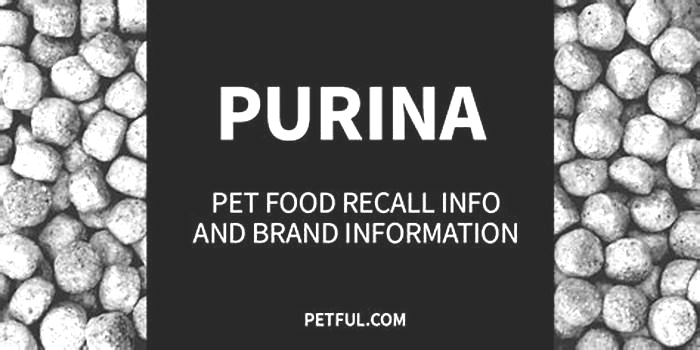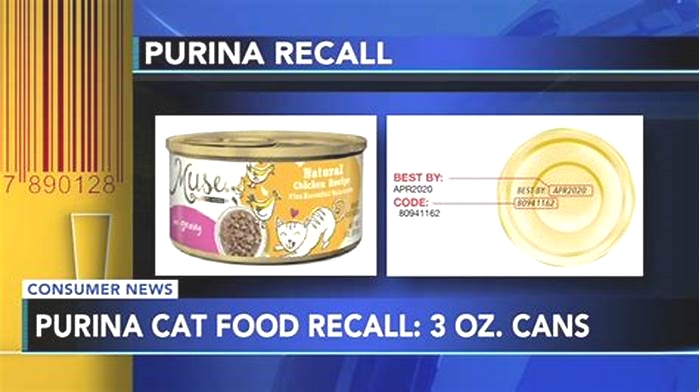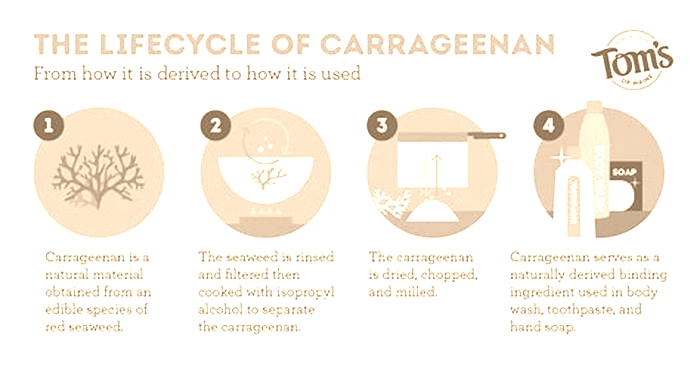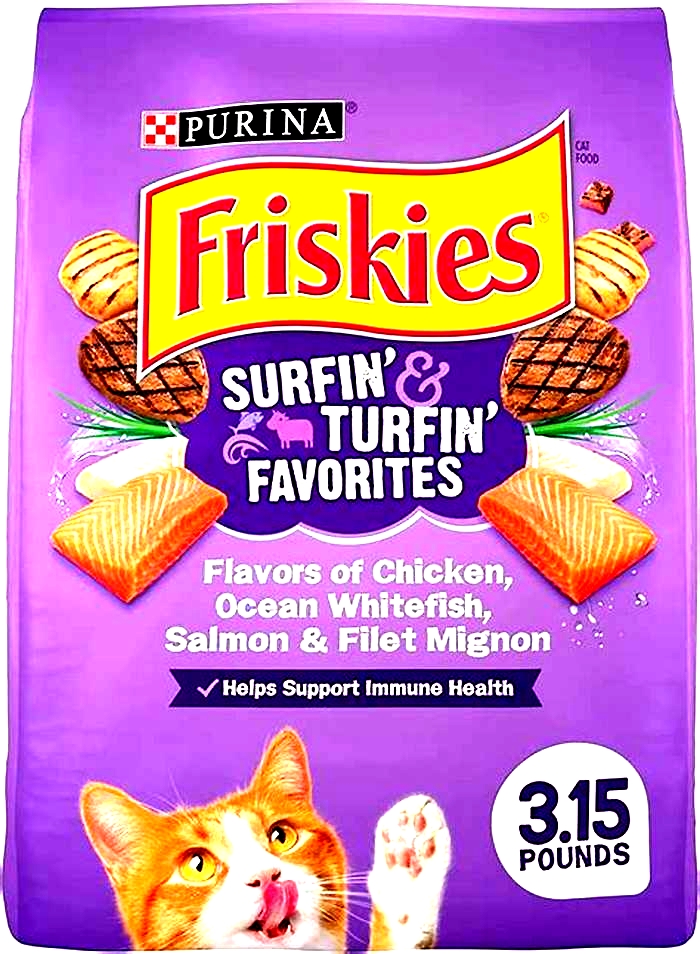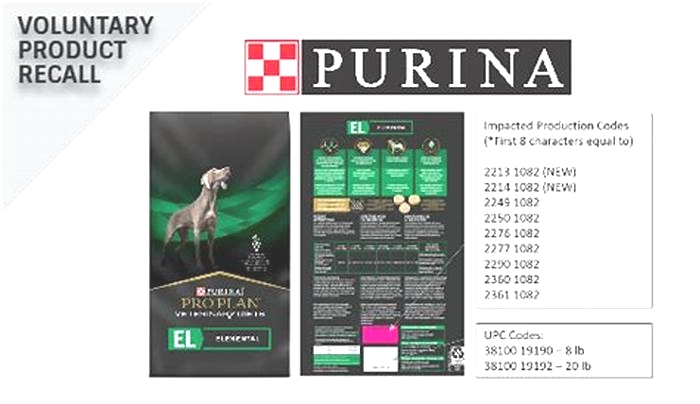What do vets think about Purina
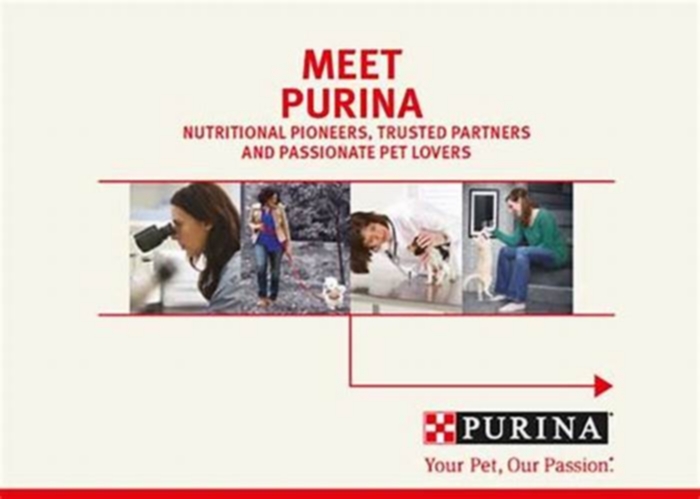
Why Do Vets Recommend Purina? [Trusted or Not?]
Zack Keithy, our author, is a certified veterinarian technician (UC Blue Ash) for over 6 years (contact him here). The articles written here are based on his expertise and experience, combined with a review by our expert vet reviewers including Dr M. Tarantino. Learn more about us here.
Heres what I think: Vets recommend Purina due to their high-quality ingredients, adherence to nutritional guidelines, and scientific-backed formulas, among other reasons. Over the years, the company has also formed a close relationship with industry professionals, building a trusted bond as a result.
If you wanna know more and understand some of the key concerns about such partnerships, you wont want to miss the rest of this article.
Medical Questions? Talk to a Veterinarian 24/7.Connect one-on-one with a licensed vet who will answer your questions in minutes.
Ask a Vet Nowor Schedule a home visit*Article may contain affiliate links to retailers like Amazon and Chewy. Learn more on our disclosure page.
The Role of Nutrition in Pet Health

Nutrition is the cornerstone of your pets well-being.
Just like humans, our dogs rely on a balanced diet to thrive and live healthy, happy lives.
In this section, Ill explore why proper nutrition is so vital for your furry companions and why veterinarians play a crucial role in guiding pet owners toward the right dietary choices.
The Significance of Proper Nutrition
Proper nutrition is not just about filling your pets bowl with any available food.
Its about providing the right nutrients in the right amounts to support their growth, development, and overall health.
Here are 4 reasons why it matters:
- Growth and development: Nutrition is fundamental for puppies as they grow. The right nutrients help in bone and muscle development, ensuring your pet reaches its full potential.
- Energy and vitality: Good nutrition provides the energy canines need to stay active, playful, and full of life. It fuels their daily activities and adventures.
- Disease prevention: A well-balanced diet can help prevent various health issues in pets. For instance, the right nutrients support a strong immune system, reducing the risk of infections.
- Weight management: Proper nutrition plays a crucial role in maintaining a healthy weight for your pet. Obesity can lead to various health problems, but the right diet can help prevent it.
The Veterinarians Role in Guiding Pet Owners

Veterinarians are not just there for your pet when theyre sick; they are also your best allies in maintaining their health through nutrition.
Heres how they assist:
- Expertise: Veterinarians have extensive knowledge of animal nutrition. They understand the specific dietary requirements of different pets, from dogs and cats to birds and reptiles.
- Personalized advice: Every pet is unique, and their dietary needs may vary. Vets can assess your pets age, breed, size, activity level, and any underlying health conditions to recommend the most suitable diet.
- Monitoring and adjustments: As your dogs health evolves, so should their diet. Vets can monitor your pets progress and make necessary adjustments to their nutrition plan.
- Recommendations for special needs: Guess what? If your pet has special dietary needs due to allergies, sensitivities, or chronic health conditions, veterinarians can also recommend specific diets or supplements to address these concerns.
Understanding Purina
To comprehend why veterinarians frequently recommend Purina pet food, you need to first understand the brand itself.
Purina is a name that carries a legacy in the world of pet nutrition. Lets delve into the history, reputation, and diverse product lines that make Purina a trusted choice for pet owners and veterinarians alike.
A Rich History
Founded in 1894, the brand has continuously evolved to meet the changing needs of pets and their owners.
This long-standing history is a testament to Purinas commitment to delivering high-quality pet food products.
A Well-Established Reputation
When it comes to pet food, trust is paramount. Purina has earned its reputation by consistently providing nutritious, safe, and reliable pet food.
This reputation is not built overnight but through years of dedication to pet well-being.
I remember when my family had our first dog, I always see packs of Purina kibble around the house.
Years later, my parents told me that it was one of the most highly recommended brands from their vet friends!
Diverse Product Lines
Purina offers a wide range of pet food products, catering to various dietary requirements, preferences, and budget too.
These product lines include:
- Purina ONE: Think of this range as their entry level product for dogs. While it does share lots of similarity with Pro Plan, it has a smaller assortment and can be easily found in big box stores and even groceries.
- Pro Plan: Pro Plan is a premium line that focuses on optimal nutrition for pets, whether theyre active, aging, or have unique dietary requirements. You also get a wider range of formulas, and they can only be found at specialty stores or online.
- Purina Veterinary Diets: These specialized diets are formulated to address specific health issues in pets, and they are often recommended by veterinarians to manage conditions like diabetes, kidney disease, or allergies. Take note: this range can only be purchased with a licensed vet prescription.
Hey there, sorry to interrupt but I wanted to tell you about an online vet service Ive been using for years.
An in-person visit with one is great, but its not always an option.
Now, thanks to technology, you can speak to one without leaving your home.
Immediate access to expertsSchedule appointments easilyGot something to ask a vet? Talk to one anytime, 24/7.
START CHATTING NOW* Dont use this service for emergencies.
Alternatively, a vet can come out to you instead (exclusive to our readers: use THEVETS15 for 15% off).
SCHEDULE AN APPOINTMENT HEREThank you. The rest of the article continues below.
Purina Quality and Safety Standards
For me, this is one of the top criteria I look at when choosing dog food. Theres no way I would randomly pick up any kibble and feed it to my dogs, and I hope you have a similar mentality too!
However, theres no exact way to know how good a manufacturer is except to watch out for signs, such as:
- Stringent testing: Purina conducts comprehensive testing of ingredients and finished products to ensure they meet their high standards. This includes testing for contaminants, such as bacteria or toxins.
- Reaction to recalls: Unfortunately, there are times when accidents happen, and companies need to recall the particular formula in question. Ive seen firsthand how Purina handled these incidents swiftly.
- Traceability: The brand maintains a robust system for tracking ingredients and products. This allows for quick identification and removal of any products that may not meet quality and safety requirements.
- Compliance with regulatory standards: Purina complies with all relevant regulations and industry standards (such as AAFCO and FDA) to ensure their products are safe and nutritionally balanced.
- Transparency: The company is transparent about its sourcing, manufacturing, and testing processes, allowing consumers to have confidence in the products they choose for their pets.
Collaboration with Veterinarians

You might be thinking, so far I have only mentioned all the good stuff about Purina, making them seem like its the best choice for all dog owners.
Well, its not that simple, and I definitely want to point out another perspective.
The truth is, the company is unlikely to get to where it is today without an investment in marketing, and thats where vets come in.
Collaborating with veterinarians adds a layer of scientific expertise to pet food brands, and quite frankly, its a given that this partnership needs to exist.
On the other hand, there might be ethical concerns.
If the company is sponsoring vets or organizations related to vets, does that present a conundrum?
I think its a bit of both really.
We in the industry do need the support of corporates, while they can benefit from the backing of trusted professionals.
Where the line should be drawn is when it comes to the well-being of our pets, being transparent, and having independent opinions.
To strike a balance, I feel that these collaborations need to be driven by a shared commitment to improving the health and well-being of pets, rather than just marketing gains.
When executed ethically and transparently, such collaborations can indeed enhance the pet food industry and contribute to healthier, happier pets.
Frequently Asked Questions (FAQs)
Do veterinarians recommend Purina?
Yes, some veterinarians recommend Purina, but not all. An ethical vet will only recommend a product based on several factors, most importantly, the specific needs of the individual dog. Purina is a well-established pet food brand so its not uncommon to see them being a recommended choice.
Should you trust Purina?
This comes down to individual preferences and how your dog interacts with the dog food. Purina is a reputable company so I would say that it is trustable. If you need more information, a chat with your vet and reading consumer reviews will help you out too. Alternatively, you can also check out our dog food comparison guides.
Is Purina better than Blue Buffalo?
I chuckle when someone asks me this as there really is no straightforward answer to it. It depends on what youre comparing and ultimately, what the needs of your dog are. However, both are reputable companies in the industry, so I would say that if your search starts with them, youre on the right track.
Are vets paid to promote certain dog foods?
In my experience, I have never seen a vet getting kickbacks or any financial incentives to promote certain dog food brands. Its highly unethical and is not tolerated by the industry. On your part, you should ask your vet why they recommend a particular brand (if it happens) and determine the level of transparency. And frankly speaking, selling dog food isnt really profitable from a clinics point of view.
In Conclusion: Why Do Vets Recommend Purina?
Well, some vets do recommend Purina, largely based on their positive experiences and also seeing firsthand the benefits its brought to patients, but its not accurate to say that all vets do.
Ultimately, the well-being of our furry companions should always be the top priority, and informed decisions about pet nutrition should be based on transparency, research, and a commitment to the best interests of our beloved dogs!
Hey! If you found this post useful, check out these dog care tips too:
Youve made it to the end, but I hope its not the end of our journey. We want to hear your voice! Share your thoughts, problems, suggestions, or anything related to your dog in the comments section. And dont forget to join our newsletter today too.
Purina Pro Plan Recall: What Pet Owners Need to Know
As pet parents, we always prioritize the safety and health of our furry companions. When a renowned brand like Purina recalls one of its products, its imperative to understand the reasons and implications. This article dives deep into the recent recall of Purina Pro Plan Veterinary Diets, providing all the details you need to ensure the safety of your pets.
A Timeline of Events
December 2, 2022
Out of abundant caution, Nestl Purina PetCare Company made its initial voluntary recall of a limited amount of Purina Pro Plan Veterinary Diets EN.
February 8, 2023
The company expanded its recall, targeting select lots of Purina Pro Plan Veterinary Diets EL Elemental (PPVD EL) prescription dry food.
March 10, 2023
In less than a month, Nestl Purina PetCare Company made a further announcement expanding its voluntary recall, once again emphasizing the PPVD EL prescription dry variant.
Why Was the Purina Pro Plan Recalled?
The FDA alerts shed light on the recalls root cause. In February 2023, the focus revolved around potential health risks associated with select lots of the PPVD EL prescription diet. Although the specific health concerns havent been elaborated on in detail from the shared resources, an abundance of caution was consistently cited, suggesting potential adverse reactions in pets.
Community Response
Pet owners have been actively discussing the recall on platforms like Reddit. Some express concern over the frequency of recalls from Purina, while others emphasize that the affected product is a specific niche prescription diet, with a limited number of adverse reactions reported.
How to Identify Affected Products
Based on available information, pet owners should be cautious of 8- and 20-lb bags of Purina Pro Plan Veterinary Diets EL Elemental (PPVD EL). As always, the lot number on pet food products can be a crucial identifier, and in case of recalls, its the key to distinguishing safe products from potentially harmful ones.
Expert Opinions and Recommendations
Although the reasons for the recall have been kept somewhat vague, veterinarians generally advise pet owners to discontinue any food immediately if it falls under a recall. This is especially true for prescription diets, given their targeted audience of pets with specific health needs.
What Do Vets Think of Purina Pro Plan?
1. Research-Backed Nutrition
Many veterinarians commend Purina Pro Plan for its commitment to research and evidence-based nutrition. The brand has invested significantly in understanding the dietary needs of pets at every life stage. With over 500 scientists, including veterinarians and nutritionists, working behind the scenes, Purinas commitment to producing balanced and nourishing pet food is evident.
2. Specialty Diets
Purina Pro Plan offers a broad range of specialty diets, designed for pets with specific needs. Whether its a cat with urinary tract health issues or a dog with sensitive skin, Purina Pro Plan tends to have a product tailored to address those concerns. Veterinarians often appreciate this diversity as it allows them to recommend specific formulas for particular health challenges.
3. Quality Control Standards
Veterinarians often highlight the rigorous quality control measures that Purina implements. Their 99-step production process includes ingredient sourcing, safety protocols, and testing the finished products. Such stringent measures can instill confidence in veterinarians when suggesting Purina Pro Plan to pet owners.
4. Real Meat as Primary Ingredient
A notable feature of the Purina Pro Plan line is the use of real meat as the primary ingredient. Veterinarians emphasize the importance of quality protein sources for pets, and the brands focus on real chicken, lamb, or salmon, among others, meets this requirement. It ensures pets are getting a diet based on natural meat products, essential for muscle development and overall health.
5. Therapeutic Diets
Beyond their standard offerings, Purina Pro Plan also has a range of veterinary diets. These therapeutic diets cater to pets with specific medical conditions. Such diets, available mostly on prescription, are invaluable tools for veterinarians to manage conditions ranging from obesity to renal issues.
6. Palatability
An often-underestimated aspect of pet food is its taste. No matter how nutritious, if a pet doesnt find the food palatable, it wont be consumed. Many veterinarians have noted that pets seem to enjoy the taste of Purina Pro Plan, making dietary transitions smoother and ensuring pets receive the nutrition they need without fuss.
7. Continued Education for Vets
Purina has initiated several programs and workshops aimed at educating veterinarians about pet nutrition. By fostering a deeper understanding of dietary needs and the science behind their products, Purina ensures that veterinarians can make informed recommendations.
Potential Concerns
While many veterinarians trust and recommend Purina Pro Plan, no brand is without its critics. Some concerns raised in the veterinary community revolve around the use of certain ingredients like corn, wheat, or soy, which can be problematic for some pets. However, its worth noting that these ingredients can be found in many pet foods and are not inherently harmful unless the pet has a specific sensitivity or allergy.
Conclusion
The recent recalls from Nestl Purina PetCare Company emphasize the importance of staying informed and being proactive as pet owners. While the brand has taken voluntary steps to ensure consumer safety, pet parents should always monitor their pets for any signs of distress or illness, especially if they have consumed a product thats been recalled.
FAQs on Purina Pro Plan Recall
1. What specific products under Purina Pro Plan were affected by the recall?
The recall primarily targets the Purina Pro Plan Veterinary Diets EL Elemental (PPVD EL) prescription dry food variant. Specifically, the focus is on 8- and 20-lb bags. Its essential to verify the lot numbers and compare them with those listed in the recall announcements to ensure the products safety.
2. Have any pets been adversely affected by the recalled product?
As of now, there have been limited reports of adverse reactions in pets, based on discussions and reports from platforms like Reddit and FDA announcements. However, its always advisable for pet owners to monitor their pets for any unusual behaviors or symptoms after consuming the product.
3. How can I check if my Purina product is part of the recall?
Check the packaging for the product name, and more importantly, the lot number. The lot number is often printed on the back or bottom of the bag. Cross-reference this number with the list provided in the official recall announcement. If in doubt, contacting Purinas customer service can provide clarity.
4. What should I do if I have the recalled product at home?
If you possess a product that matches the description and lot numbers of the recalled items:
- Immediately stop feeding it to your pet.
- Seal the product in a bag or container to prevent accidental consumption.
- Follow the manufacturers or retailers instructions for product return or disposal.
- Monitor your pet for any signs of illness and consult with a veterinarian if any symptoms arise.
5. Why are prescription diets like PPVD EL so crucial, and what are the alternatives?
Prescription diets, such as PPVD EL, are formulated to address specific health conditions in pets. They might have unique nutrient profiles or ingredients to cater to pets with allergies, digestive issues, or other health concerns. If your pet was on this diet, its essential to consult with your veterinarian before transitioning them to an alternative to ensure the new diet meets their health needs.
6. How often does Purina recall its products?
While Purina is a renowned brand in the pet food industry, like all manufacturers, it has faced recalls in the past. The frequency can vary based on various factors, including quality checks, ingredient sourcing, and manufacturing processes. Its essential for consumers to stay updated with official channels and regulatory bodies like the FDA for the latest information.
7. Is it safe to feed other Purina products to my pet during this time?
The current recall is specific to the Purina Pro Plan Veterinary Diets EL Elemental (PPVD EL) prescription dry food. Other Purina products have not been flagged in this particular recall. However, always practice due diligence by checking the product details and staying updated with the latest information from trustworthy sources.
8. Are there any common symptoms I should look out for in my pet if they consumed the recalled product?
While the exact health concerns regarding the recalled product have not been detailed extensively, pet owners should be vigilant about symptoms like vomiting, diarrhea, lethargy, loss of appetite, or any other unusual behaviors. If any such signs are observed, seek veterinary advice immediately.
9. How does Purina handle product recalls in terms of consumer refunds or replacements?
Typically, companies like Purina offer a full refund for recalled products when returned to the place of purchase. In some instances, replacements may also be provided. Its advisable to retain any purchase receipts and contact Purinas customer service for specific guidance tailored to the recall in question.
10. What steps is Purina taking to prevent future recalls of this nature?
While specific details vary per incident, manufacturers like Purina often undertake rigorous investigations to pinpoint the source of the issue. This can involve scrutinizing the supply chain, enhancing quality control measures, and bolstering employee training. Regular updates about such preventative measures are often shared with the public through press releases or official statements.
11. How can I stay informed about future recalls on pet foods?
Subscribing to FDA alerts, checking reputable pet food industry websites, and registering your product (if such an option exists) are reliable ways to stay informed. Many pet owners also join related online forums or social media groups, like the mentioned Reddit communities, for real-time updates from other consumers.
12. Are there third-party tests or reviews I can rely on to check the safety of pet food brands?
Several independent organizations and labs periodically test pet foods for various parameters, from nutritional value to potential contaminants. Websites like Consumer Reports, Dog Food Advisor, or Lab Door often offer insights based on their evaluations. However, always consider the date and methodology of such reviews to ensure relevance and accuracy.
13. Why was the Purina Pro Plan Veterinary Diets EL Elemental specifically targeted in the recall?
Product recalls often stem from specific concerns related to an ingredient batch, manufacturing process, or storage conditions unique to a particular product variant. In this case, details around the exact reason for the recall of the PPVD EL variety would be outlined in the official recall statement released by Purina or the FDA.
14. Are there any health concerns linked to other Veterinary Diet lines from Purina?
As of the information available up to this date, the focus has been on the PPVD EL variant. Its important to understand that each product line has its formulation, ingredients, and manufacturing process. Thus, concerns around one product dont automatically translate to others. However, due diligence in monitoring official channels and seeking clarity from veterinarians remains essential.
15. If Ive fed my pet the recalled product and they seem healthy, should I still consult a veterinarian?
While not showing immediate symptoms is a positive sign, its always a prudent choice to consult with a veterinarian after feeding any recalled product. Some effects may not be immediately visible, and a professional can provide guidance on any necessary monitoring or preventive care.
16. How long does it typically take for a company to resolve a recall issue?
The resolution time can vary based on the root cause of the recall. Factors include the extent of the affected product batch, the nature of the contaminant, and required modifications to the production process. Generally, companies work diligently to address the issue, but it can range from weeks to several months before a product returns to the shelves.
17. Do all countries get affected by a product recall if they sell the same product?
Not necessarily. The recall may pertain to a specific batch of products, and these could be limited to a particular region or country, depending on distribution channels. Always check local notifications and announcements to determine the relevance of an international recall in your country.
18. What should I look for in my pet if they have consumed a recalled product?
Symptoms can range from mild to severe based on the contaminant. Common signs include vomiting, diarrhea, lethargy, loss of appetite, and unusual behavior. However, some contaminants may lead to long-term health effects without immediate symptoms. Always consult a vet if unsure.
19. How often do pet food recalls occur?
While it might seem like recalls are frequent due to the speed of information dissemination, they are relatively rare compared to the vast amounts of pet food produced. However, even one recall is significant, so staying informed and practicing due diligence is crucial.
20. Is homemade pet food a safer alternative to avoid recalls?
Homemade pet food allows for greater control over ingredients, but its not necessarily safer. Nutritional imbalances, contamination of raw ingredients, and inadequate preservation can introduce health risks. If considering a homemade diet, its crucial to consult with a veterinarian or pet nutritionist to ensure a balanced and safe diet.
21. Can I get compensation if my pet gets sick due to a recalled product?
Companies often provide compensation for the returned recalled product, but additional compensation varies case-by-case. If a pet falls seriously ill, owners may need to consult legal avenues. Its crucial to retain any evidence, including the product, its packaging, and medical records.
22. How are pet food products monitored for safety before reaching the consumer?
Regulations require pet food manufacturers to adhere to strict safety and quality guidelines. This includes testing ingredients, monitoring production processes, and regularly inspecting facilities. Third-party audits and random checks by regulatory bodies also ensure product safety.
23. Should I switch brands after a recall?
While a recall might raise concerns, it doesnt necessarily indicate a chronic problem with the brand. Many reputable brands have faced recalls but have taken measures to rectify and prevent future issues. Research the brands history, responsiveness to the recall, and consult with a veterinarian to make an informed decision.
24. Does pet insurance cover health issues arising from recalled products?
Coverage varies among providers. Some pet insurance policies might cover illnesses resulting from recalled products, but its essential to read the policys terms and conditions or contact the insurance provider directly.
25. Can a single ingredient trigger a product recall?
Yes, if an ingredient is found to be contaminated or potentially harmful, it can lead to a recall of all products containing that ingredient. This is why sometimes multiple brands recall products simultaneously if they source ingredients from the same supplier.
HELP US PUT FOOD ON THE TABLE

